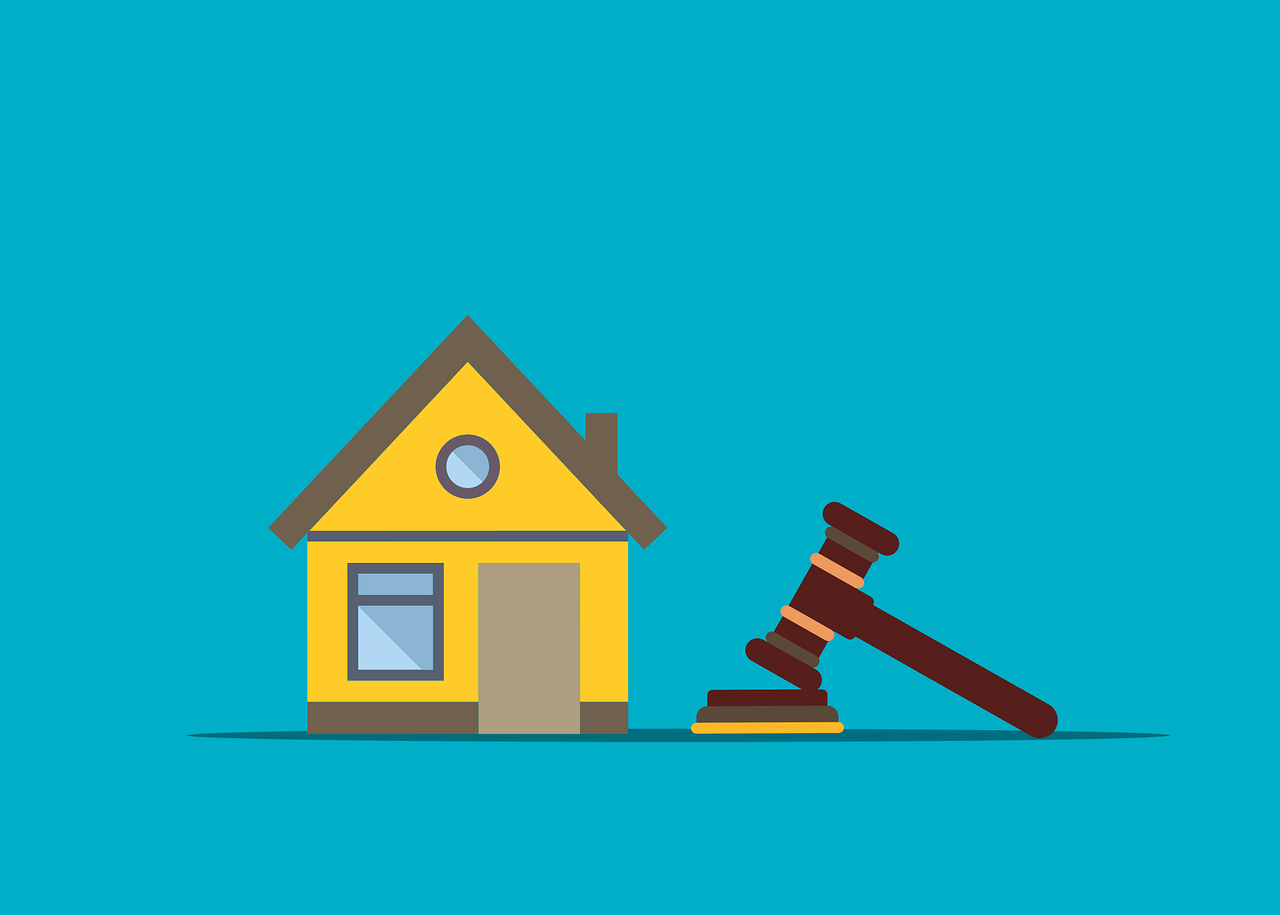What Happens if Your New Property is Tenanted?
Most times a vacant home and a set of keys awaits a buyer on settlement but sometimes a buyer might inherit a little something extra … an existing tenant!
There are rules and regulations protecting both landlords and tenants and it’s good to know what happens when you want to buy a property with a tenant in place.
If you’re happy for the tenants to continue to live in your new home and pay you rent until their lease expires then there’s no problem. In fact, this is something investors love as it means income straight away.
But if you’re keen to move straight into your new dream home then existing tenants can present a bit of a dilemma. How that dilemma is dealt with will depend entirely on the situation with the lease.
The first thing you need to know is what kind of lease is in place as this is what will determine what happens on settlement.
There are two types of leases – a fixed term lease which has a commencement date and an end date or a periodic lease. When a fixed term lease comes to an end, they then normally roll over into periodic tenancy agreements.
The agent selling the property will have the information on what type of lease it is, the duration of the lease and any other information and the front page of the Contract of Sale will always state if the property is being sold as vacant possession or tenanted.
If a periodic lease exists, and the contract is with vacant possession, the landlord can give the tenant 30 days’ notice to vacate after exchange and before settlement. But the same terms don’t apply if a tenant is bound by a fixed term agreement with more than 30 days left in the fixed period. The landlord cannot break the lease of the tenant and this lease will follow with the property meaning the tenant is entitled to remain living in the property until the expiry of the lease. It will then fall to the new owner to issue the appropriate notice to the tenant to vacate leading up to the expiry of the lease.
From settlement, the tenant’s rental payments will be paid to the new property owner and the tenant formally advised that the property has been sold and the details of the new owner and where rent is to be paid to. This is called a Notice of Attornment.
New owners have the right to change property managers or manage it themselves, but they must inform the tenant. Landlords are also entitled to raise rents, but only if the rent increase falls within the periodic lease period and 60 days’ notice plus service time has to be been given to the tenant.
While it may not be the most convenient option for you to purchase a home with existing tenants, there are benefits such as a guaranteed rental return for the remaining duration of the lease and a feel for owing an investment property. So, don’t be put off by your dream home having a tenant in place, it’s worth looking into it further and perhaps working around if you can.



